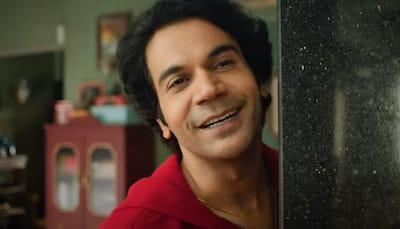
The cinematic landscape, particularly of Malayalam cinema, has lost one of its cherished stalwarts. Sangeeth Sivan, renowned for the immense cult popularity attached to his early work ‘Yodha’ (1992), breathed his last in a private hospital in Mumbai on Wednesday. He was 65 years old, and his demise leaves behind a legacy eclipsed primarily by the overwhelming success of this singular film from the onset of his career.
Sivan, who commenced his professional journey under the tutelage of his father, the photographer and filmmaker Sivan (notable for his work on ‘Chemmeen’), was enveloped in the world of cinema from his very beginnings. It was this foundational influence, paired with the inspiration from his younger brother, esteemed filmmaker and cinematographer Santosh Sivan, that propelled Sangeeth towards feature films after a stint as executive producer in Aamir Khan’s ‘Raakh’ (1989).
The directorial debut for Sivan came with the Malayalam thriller ‘Vyooham’ (1990), energetically followed by the legendary ‘Yodha.’ With an ensemble cast featuring the dynamic Jagathy Sreekumar and the illustrious Mohanlal, ‘Yodha’ didn’t merely succeed—it left an imprint on the fabric of Malayalam pop culture, its dialogues resonating in daily exchanges across Kerala even after three decades. Sivan’s genius lay in roping in the then up-and-coming music composer A.R. Rahman to craft a soundtrack that became as iconic as the film’s story and dialogue.
Yodha’s dominance was such that despite Sivan’s continued offerings in the industry, including a series of masala films in Bollywood throughout the 2000s that enjoyed reasonable commercial success, none could match the zenith that was ‘Yodha.’ Films like ‘Gandharvam’ (1993), though less impactful overall, are still preserved in the memory bank of fans for their effective humor. His keen sense for thriller elements shone through in ‘Nirnayam’ (1995), featuring Mohanlal once again, a dramatic narrative reminiscent of ‘The Fugitive.’
Transitioning primarily to Bollywood, Sivan cited the lure of technological advancements and increased budgets as integral to his shift. This move saw the director embracing a louder tonal shift in his work, evident in films such as ‘Chura Liyaa Hai Tumne’ and ‘Kyaa Kool Hain Hum.’ Some of these films found their audience and earned box office success, testament to Sivan’s capability to adapt to different cinematic landscapes and audiences.
In attempts to revisit his roots, Sivan ventured back into Malayalam cinema as a writer and producer with films like ‘Idiots’ (2012) and ‘E’ (2017), although these efforts did not match the success of his earlier works. His foray into the OTT space with the psychological thriller ‘Bhram’ (2019) underscored his capacity to tap into newer formats and storytelling approaches.
Even in the days leading up to his passing, Sangeeth Sivan was immersed in post-production work for ‘Kapkapii,’ his latest Hindi directorial venture and a remake of the Malayalam film ‘Romancham.’ This evidence of enduring passion and engagement with the craft of filmmaking is characteristic of a man whose life was fundamentally interwoven with the art of cinematic storytelling.
The passing of Sangeeth Sivan marks more than the loss of a filmmaker; it marks the end of an era for those who grew up with ‘Yodha’ as a touchstone of their cinematic experiences. Through the humor and thrills that defined his most memorable works, his spirit will continue to live on in the hearts of cinephiles and within the annals of not only Malayalam but Indian cinema as a whole.










